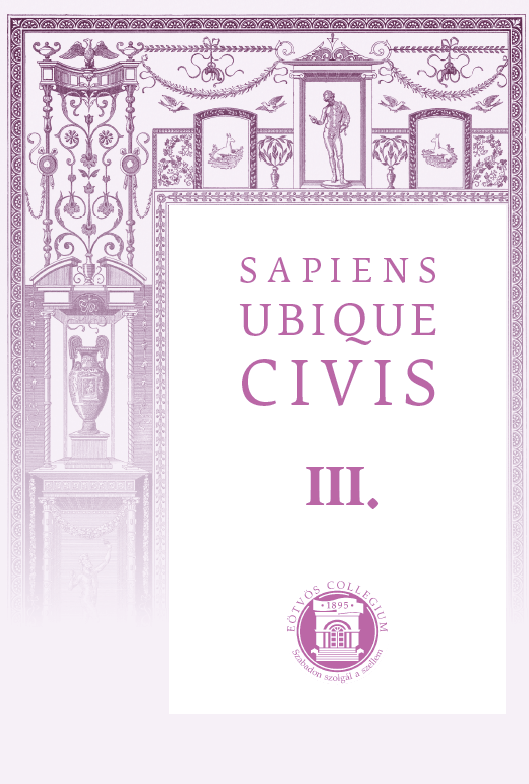♫ Hush, Mum and Twin Brother, don’t you fear, for Baby Heracles is here ♫. A Note on the Infant Heracles Episode in Pindar’s Nemean 1
Main Article Content
Abstract
In Nemean 1 Pindar celebrates the chariot race victory of Sicilian nobleman Chromius. As usual, the poet praises his commissioner through the attribution of stereotypical outstanding properties and by means of a transcending mythical foil (pars epica). But in this case, his choice to relate the winner’s success to Heracles’s postnatal throttling of the Hera-sent twin snakes disconcerted ancient as well as modern critics and caused them to provide possible explanations. Albeit the great number and ingenuity of their suggestions, the issue still needs further investigation. This paper aims to add clarity by stressing the ode’s poetological statement as a contributing factor to Pindar’s choice. The argument runs that while the hymnic reminiscences of the entire pars epica – among other things – stress Chromius’s mortality, the commemoration of the allegedly ancient snake-throttling episode demonstrates the possibility to overcome same mortality thanks to the Muse who never forgets great contests.

